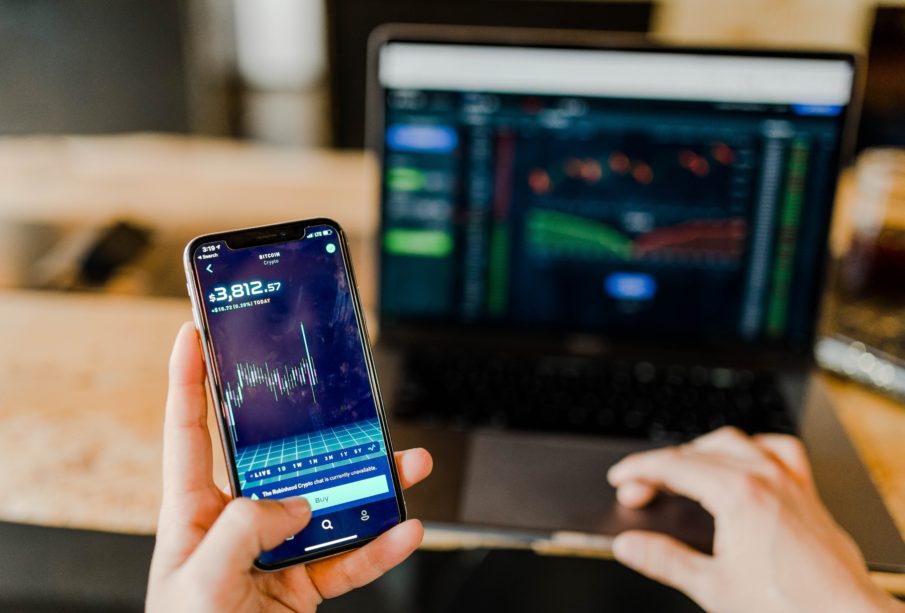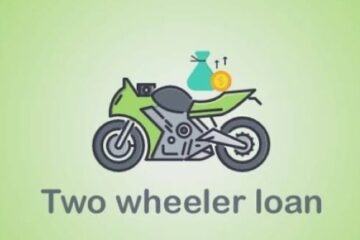
Should you trade futures or options contracts? You’ve come to the right place to learn the pros and cons of each that will help you make your decision.
If you’re new to the trading world, it may be challenging to weight up your own trading choices when it comes to futures or options contracts. To choose the one that suits you the best, you must first understand each of the two pros and cons.
But don’t worry, that’s where we come in to help. We’ll deep-dive into the key features of both options and futures contracts and compare the opportunities and risks of both.
Table of Contents
Options vs. futures explained
Both futures and options are financial products or derivatives traded by both institutions and individuals, be it to turn a profit or to hedge against current investments.
Let us look at the key features of futures first. As the name suggests, a futures contract represents a legal agreement between two parties that states that an asset or commodity will be sold at a price which has previously been agreed on and on a specific date in the future. In other words, these types of contracts require a buyer to purchase sales and a seller to sell them on a particular future date.
Being one of the oldest forms of derivatives, the concept behind futures has been used in the past by farmers to hedge against the future value of their crops.
Today, markets have evolved a lot more than they were in the past. Yet, the nature of futures remains the same since the laws of supply and demand are still part of how modern markets work. Now, futures markets include hedgers, those who have the commodities and assets, and speculators, those who trade futures against the value of the assets without planning to take the asset themselves.
As for options contracts, the main difference compared to futures contracts is that they don’t represent a legal agreement to buy or sell. Instead, as the name suggests, they create a right or an option, NOT an obligation, to enter a trade before a fixed date at which the contract will expire. In other words, an option contract will give an investor the right to buy or sell at a specific price at any time, as long as the deal is still active.
There are two types of options contracts: call options and put options. While the call options represent the option to purchase an asset or commodity at a fixed future date, the put options target sellers by giving them the option to sell a commodity or asset at a fixed time in the future.
Now, there are many similarities and differences between futures and options contracts, which is also why both have various pros and cons in a trading scenario.
Options and futures contracts- the pros and cons
Futures and options contracts both have their advantages and risks, which is why experienced traders often use both derivatives, depending on the trading scenario they enter. Others choose to focus on one or another.
So, you see, there’s no one-size-fits-all when it comes to futures and options contracts. It would be best to fully understand the pros and cons of each to decide which strategy makes more sense for you.
Trading futures contracts
Futures contracts might not be the best way to trade stocks, but they sure are the best vehicle to use for trading commodities, currencies, and indexes. Why? Because they have very standardized features and very high levels of leverage, making them particularly suitable for risk-tolerant investors.
On top of that, a substantial advantage of futures over options is the fact that these types of contracts don’t have to contend with time decay. Over time, options can experience declines in value. So, compared to a futures trader, an option investor must pay attention to time decay as it may have a significant impact on their profitability.
Plus, they offer fixed upfront trading costs, meaning that you’ll know in advance how much you must put up as an initial margin. Moreover, pricing is also easier to understand at futures contracts as the price is often the same as the current spot price plus the costs of carrying the asset.
If you are a day trader, futures contracts make more sense as there’s usually a smaller chance to fail to meet a deadline than with options, so you can quickly get in or out of trades as they move quicker.
Trading options contracts
Most new traders start trading with options contracts. Why? Because one of the most significant advantages is that you can’t lose more than you invest.
Perhaps the most substantial advantage of options is that they don’t represent an obligation to buy or sell at a specific price. So, as an investor, you don’t have to buy or sell an asset or commodity if you choose not to. With futures contracts, the parties have a legal agreement to buy or sell an asset. Therefore, they involve more significant risk as the investor can’t simply decide not to go through with the trade.
Yet, compared to futures trading, options contracts offer a smaller opportunity for higher returns. While trading futures contracts, margin amplifies the potential for more significant profits, but also bigger losses.
Also, professional traders advise day traders to avoid options trading better. Yet, for those who only have one or two hours per day for trading, options can be the best instrument for swing strategies. Moreover, if you don’t have thousands of dollars to start trading, options may be the ideal choice for you since the suggested minimum capital to start trading options is only $5.000.
Where to trade futures or options?
Futures and options contracts can be traded across various markets, including the Stock market, the Forex market, and commodities such as precious metals, gas, oil, or agricultural products. Moreover, these types of contracts can also be used for trading cryptocurrencies such as Bitcoin or Ethereum.










